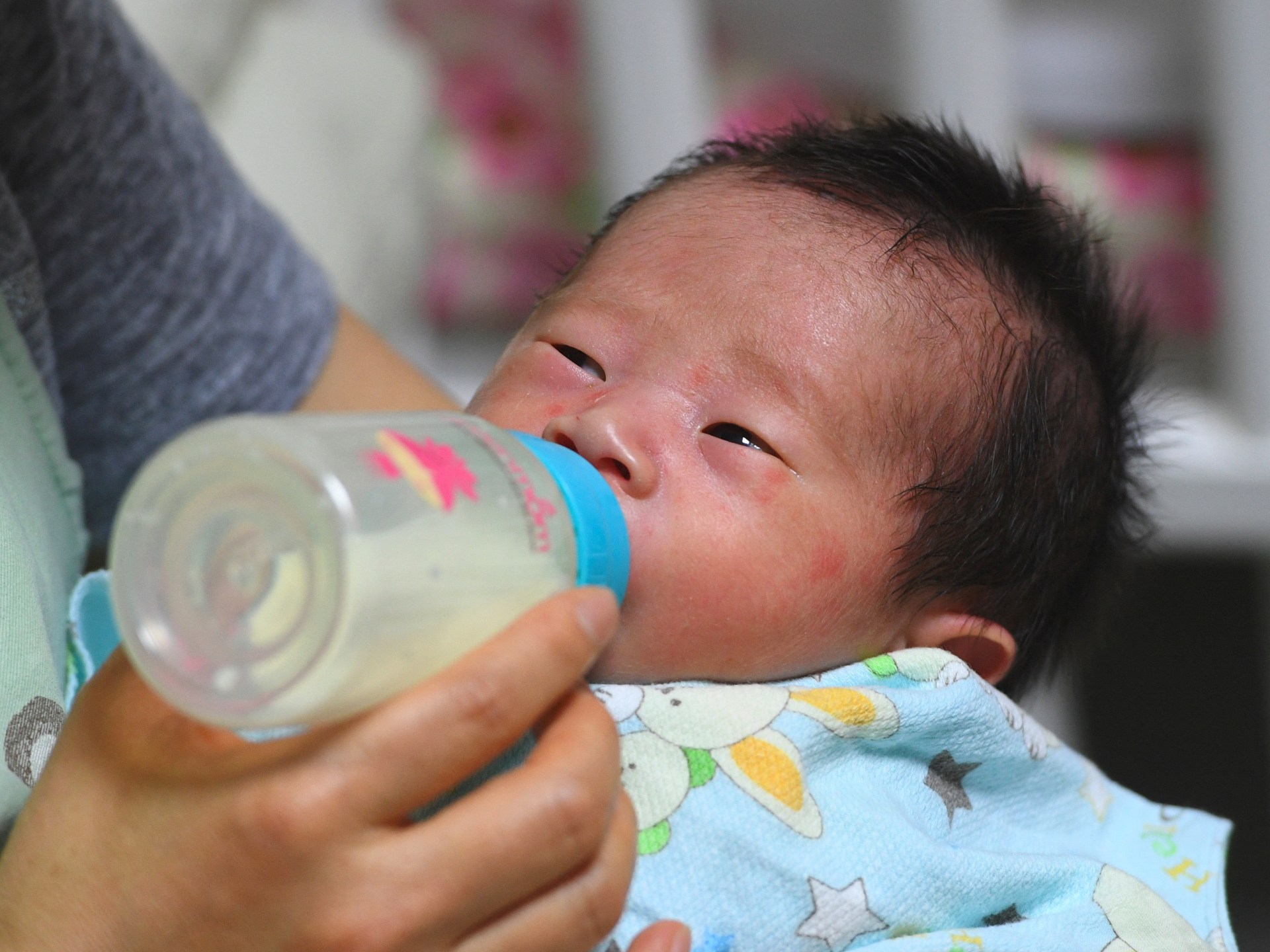Published On 18 Nov 2025
After cutting sugar from products sold in European markets, Swiss food tycoon Nestle has started adding it to baby food to boost sales in Africa, Asia, and Latin America, according to a report from an NGO.
The report, titled How Nestle gets children sucked into sugar in lower-income nations, was released on Tuesday by Swiss-based “global justice organization” Public Eye, accuses the company of “putting the health of babies in risk for profit.”
Recommended Stories
list of 3 itemsend of list
According to the report, added sugar was discovered in 93 percent of Nestle babyfood products sold in African, Asian, and Latin American nations, in accordance with the findings of an investigation conducted by Public Eye and the International Baby Food Action Network (IBFAN).
According to the study, the amount of sugar added varied widely across markets.
In Thailand, baby cereal sold under the name Cerelac contained six grams of sugar, or 1.5 sugar cubes per serving.
Babies in Pakistan consume Cerelac with a sugar content of 2.7%, compared to Ethiopia, where it has 5.2%.
Cerelac is not added sugar in Switzerland and other key European markets like Germany and the UK.
The World Health Organization advises that “no added sugars or sweetening agents” be included in all foods for children under the age of three because sugar exposure early in life can lead to a lifelong preference for sugary products, increasing the risk of obesity and other chronic illnesses.
According to Public Eye, Nestle controls 20% of the global babyfood market, which generates annual sales of nearly $70 billion, and aggressively promotes its products in Africa, Asia, and Latin America.
However, it warns that the investigation “tells a different story””.
The report states that Public Eye and IBFAN “demand that Nestlé put an end to this injustifiable and harmful double standard, which contributes to the explosive rise in obesity and causes children to have a lifelong preference for sugary products.”
The investigation was deemed “misleading” by a Nestle spokesperson, which has refuted previous allegations of “double standards” regarding the nutrition of its babyfood products in various regions of the world.
Source: Aljazeera

Leave a Reply